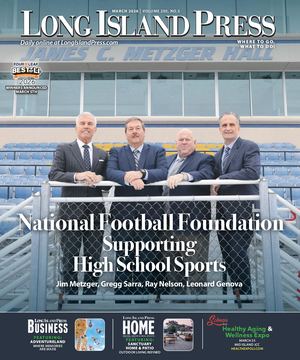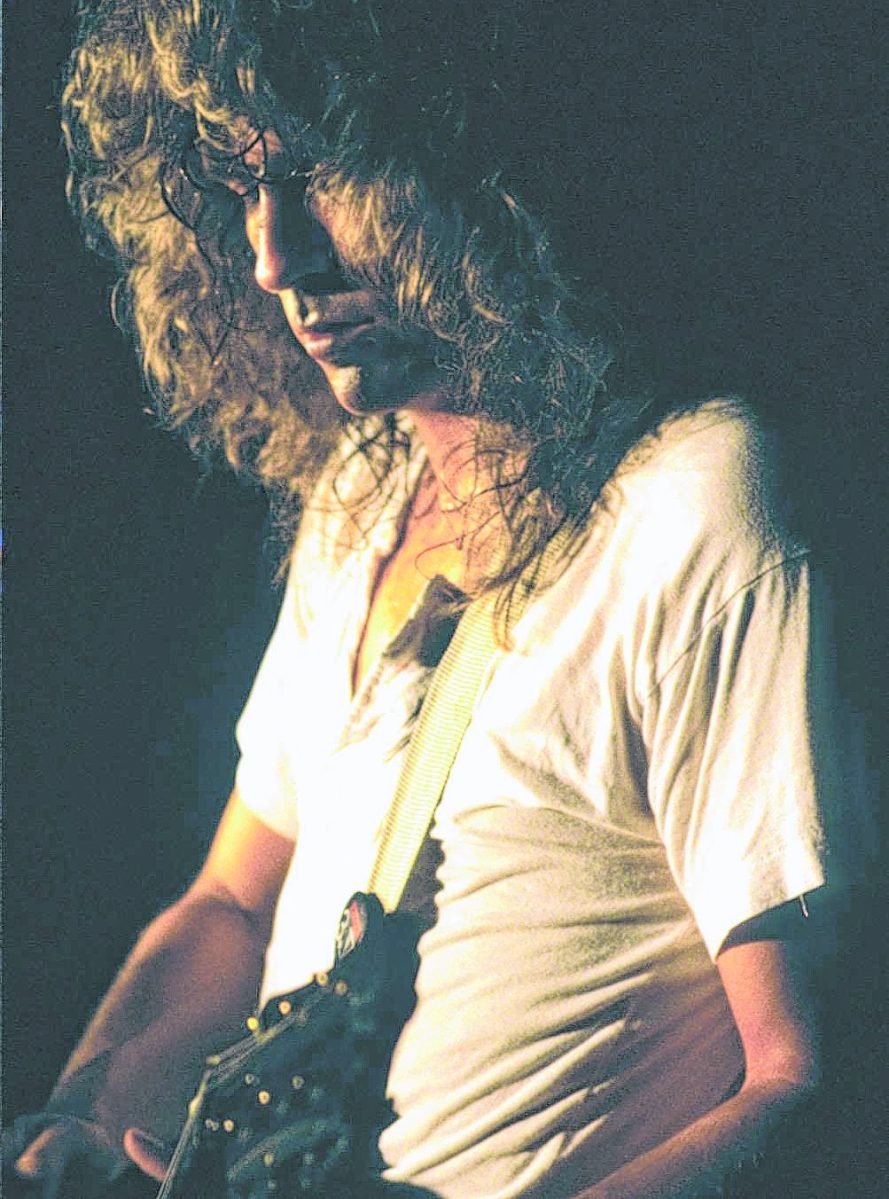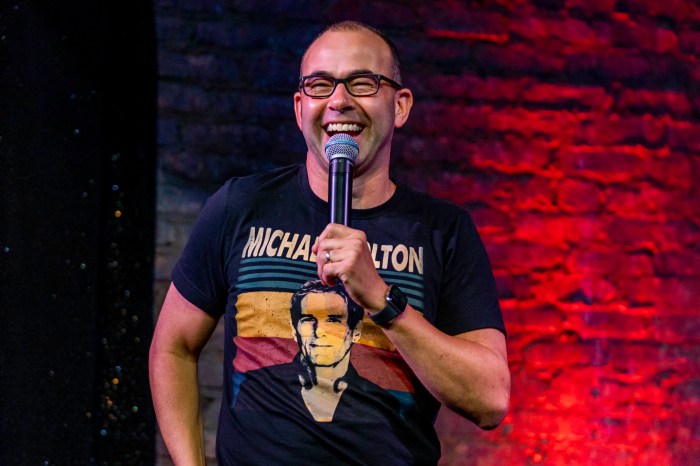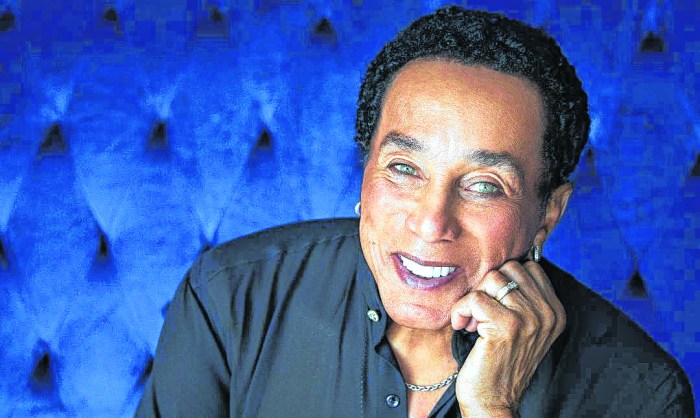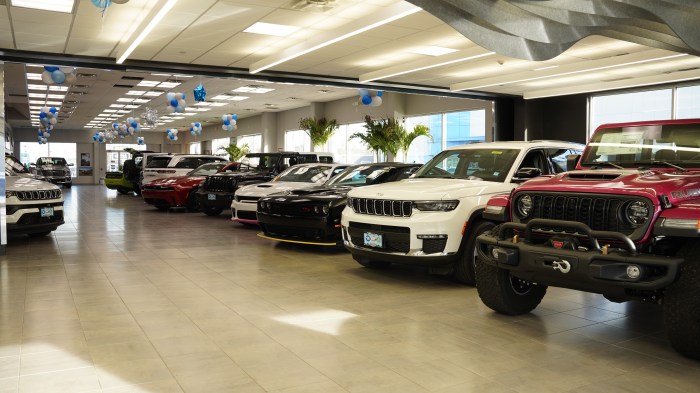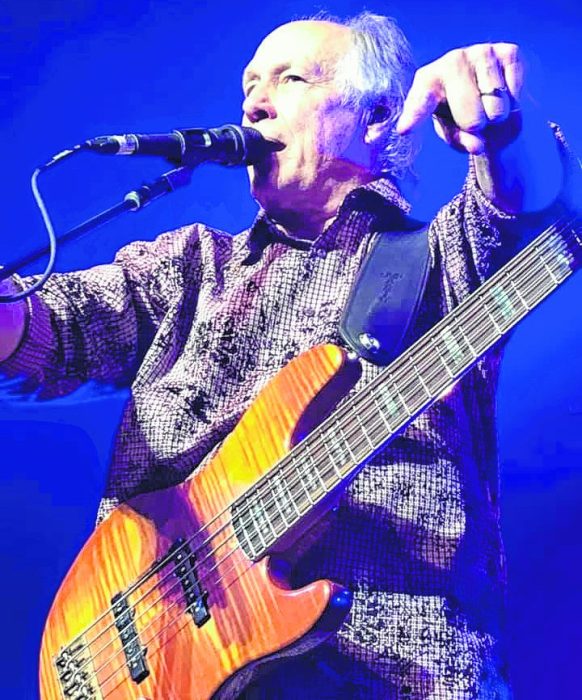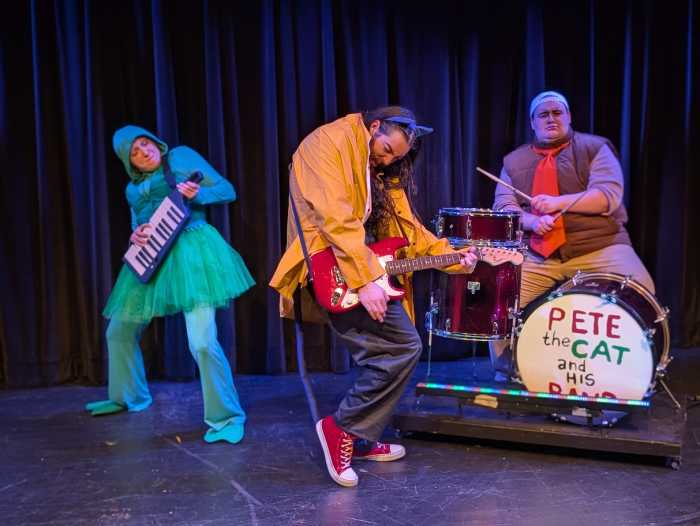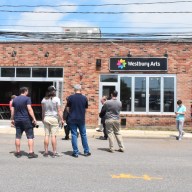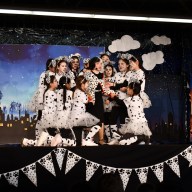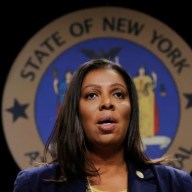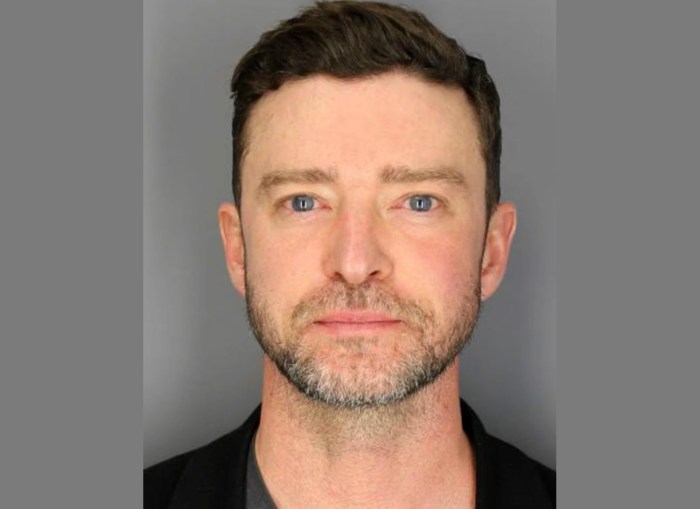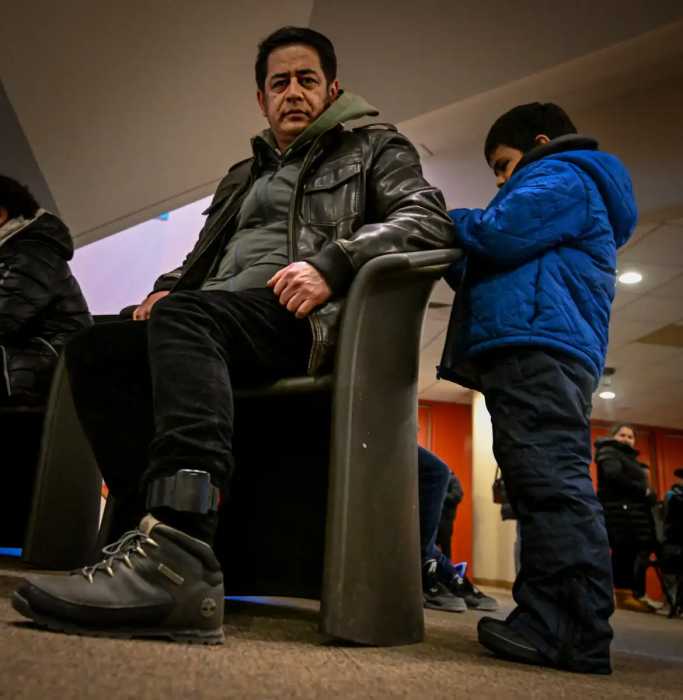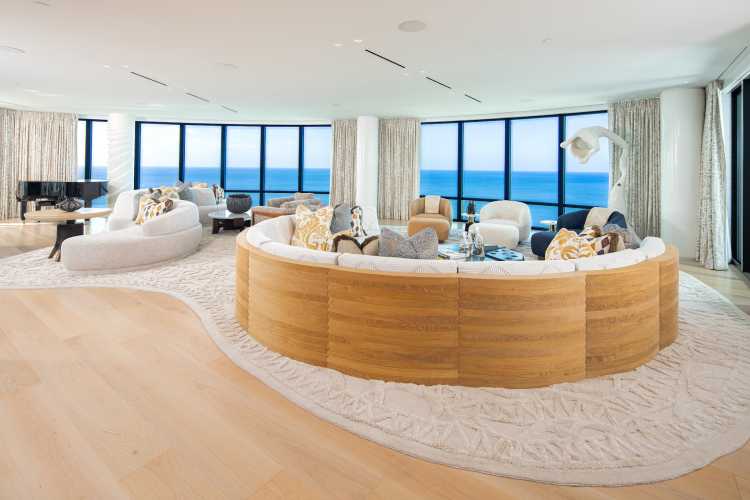Zebra is rock and roll royalty who have been described as “Led Zeppelin meeting Rush.” This year the band celebrates its 50th anniversary with the Zebra 50-2025 Anniversary Tour that lands at Westbury Music Fair on May 17 and a new album about to drop this June. The legendary trio — lead singer/songwriter/lead guitarist Randy Jackson, bassist/keyboardist/backing vocals Felix Hanemann, and drummer/backing vocals Guy Gelso — is the longest-running professional band still performing with all original members.
The band, founded in 1975, hails from New Orleans. They were already a working band when they settled on their name. Jackson explains, “We met at this bar and we all brought a list of names, but we couldn’t decide. We noticed there was a Vogue photo of a woman riding a zebra right up above us and I said, how about calling it Zebra? It’s right there. Everybody agreed and it worked out for us.”
In 1977 they moved to Long Island where they were part of the club scene, covering technically challenging bands like Led Zeppelin and Pink Floyd. Then in 1982 serendipity struck. As it happened, Jack Douglas, a major producer at Atlantic Records, pulled some cassettes from his secretary’s desk, one of which was Zebra. He popped their cassette in as he was driving and listened to “Who’s Behind the Door.” When he ejected it, that same song was playing on radio station WBAB and at the end the DJ said, “That’s the most requested song in the history of WBAB, ‘Who’s Behind the Door’ by Zebra.”
Douglas did a double-take. Zebra was signed and their first album, Zebra, went gold and was the fastest-selling debut album in the history of Atlantic Records. The band has established a strong fan base and has been touring ever since.
Jackson stepped out of a recent recording session for this interview with the Press.
What can you tell fans about Zebra’s upcoming 50th anniversary album?
It’s exciting! We’re back in the studio with producer Jack Douglas who helmed our debut and sophomore albums. We’re gonna have some songs from the ’70s that people have been asking us to record. We’ve got a lot of new stuff too. After 50 years, we got a great collection to put on the album.
What did the induction in the Long Island Music and Entertainment Hall of Fame mean to Zebra?
It meant we had two homes. We came from New Orleans, but now they kind of skipped the rule about being from here and inducted us into the Hall. We were flattered. We felt like we were family in Long Island and we were accepted. It was a double treat for us.
When Zebra formed in 1975, did you think the band would be celebrating 50 years in the music business?
I couldn’t imagine that. Maybe 20 years, but not 50. Being in a band is like a marriage. I think after the first five or six years, we knew what to expect from each other. And at that point, I felt we could go on for a long time if everybody wanted to still do it. A lot of bands have great success together, but friction happens and they leave the band. Everybody gets into music to enjoy it. You’re taking a chance trying to be a musician and the last thing you want is to go to work and not like it.
Was there ever a time when you felt the band was in jeopardy of splitting up?
Yeah, in the third year, our drummer, Guy, and I got into this big fight over rehearsal and how we were going to do it. It was silly stuff. We had a manager at the time and he was so involved with another band that was recording that he wasn’t getting back to us. All of a sudden, our anger turned towards him instead of each other and we eventually left him. That was the closest we’ve ever come to breaking up.
How was it to play with Jefferson Airplane in 1989 on their reunion tour?
It was surreal! When I was a little kid I had their 45s like “White Rabbit” and “Plastic Fantastic Lover” and here I am actually playing with the original band. They hadn’t played together for years. I got to see firsthand a band that had a successful career and now they’re getting back together again. I watched how the dynamics played out. They were a lot older, more mature, and you could tell they knew what to expect of each person. There was no arguing. It was a great experience.
How did you get involved performing the music of Led Zeppelin with symphony orchestras?
Brent Havens, who created the project with some partners, put together the Led Zeppelin show. They needed a vocalist, so one of the partners, Bill Reed, had promoted a Zebra show when our first record came out and he remembered I had a high voice. He called Zebra’s agent who contacted me. I did two shows with them and I’ve been doing them ever since.
What advice would you give young musicians?
Learn your main instrument but try to learn as many different instruments as possible. If you don’t sing, learn how because you can do background vocals. It might be the difference between getting a gig and not. If they need you to play a bit on keyboards, you can do that. I played keyboards with the Jefferson Airplane. It’s not something I do all the time, but I can do it. It’s good to know as much as you can, even technically, about the mixing. You’ll be better off in this business if you learn a variety of things.
